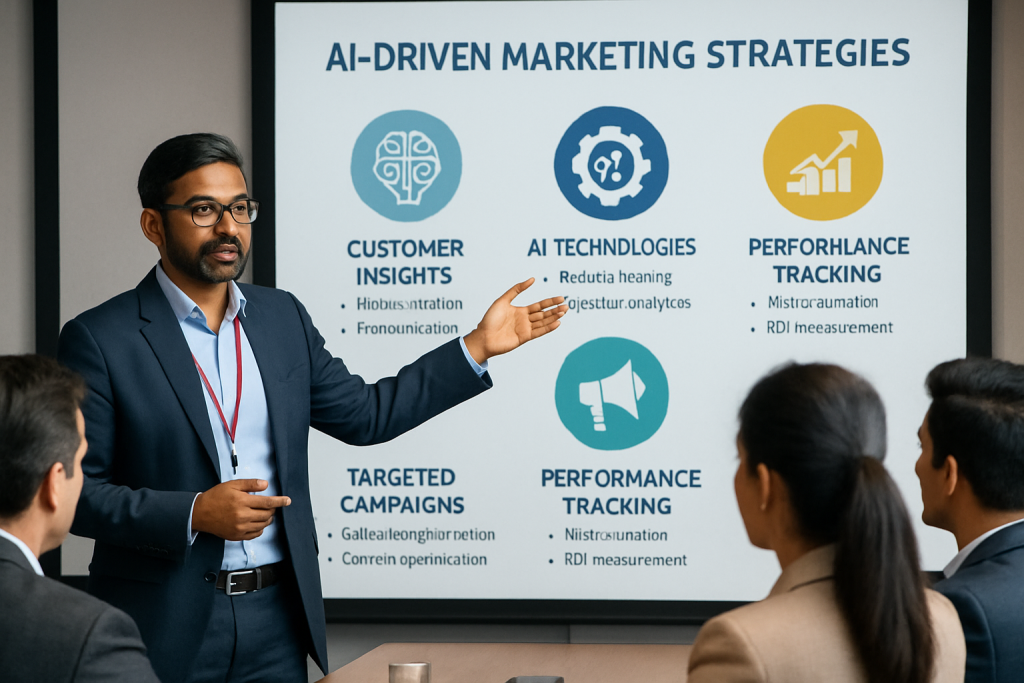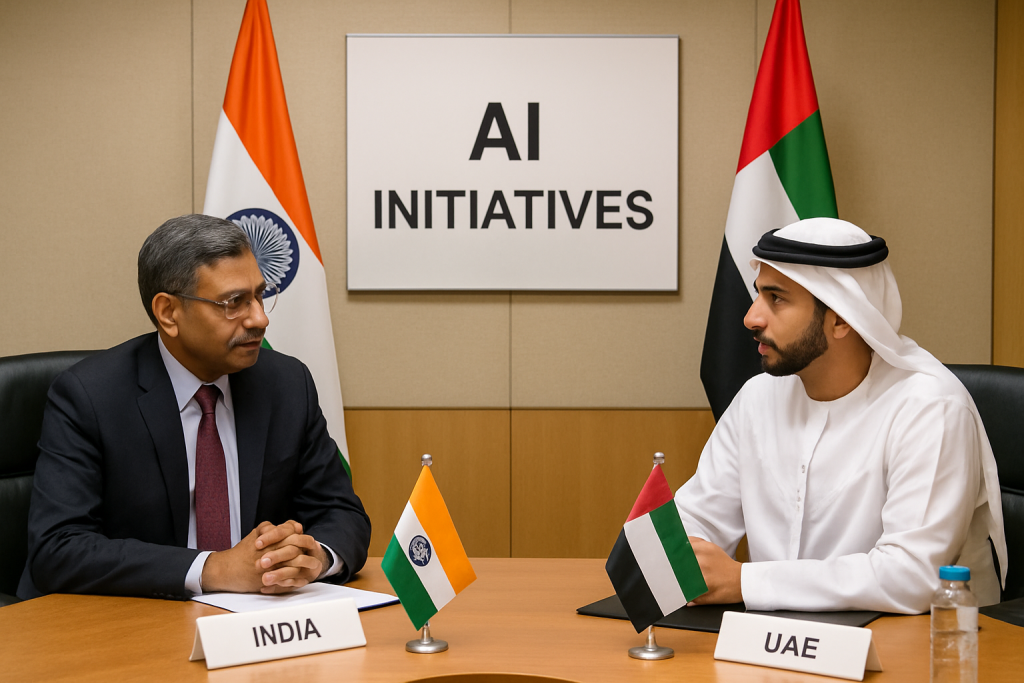San Diego State University professor Susan Kiene has secured a prestigious Fulbright U.S. Scholar award to investigate artificial intelligence implementation in healthcare settings. Her collaboration with Spain’s Universidad de Alcalá represents a critical step forward in global health innovation.
Editorial Angle: Opportunity
This Fulbright partnership creates unprecedented opportunities for advancing AI-driven healthcare solutions across international borders.
Why It Matters Now
Healthcare AI deployment faces mounting pressure as systems worldwide struggle with implementation challenges. Kiene’s research addresses the critical gap between AI potential and practical healthcare integration. “AI is everywhere. I wanted to take the opportunity to think about AI in public health,” Kiene said. Her focus on patient-centered design and successful implementation processes could reshape how healthcare systems adopt AI technologies globally.
The timing is crucial. Healthcare organizations invest billions in AI solutions but struggle with effective deployment and localization.
Market Impact
Kiene’s research targets the core challenge facing healthcare AI markets: scaling innovation while maintaining local relevance. Spain’s unique approach to Spanish-language AI adaptation and regional language customization provides valuable insights for global markets.
The healthcare AI sector continues expanding rapidly, with implementation science becoming increasingly valuable for organizations seeking competitive advantages through technology adoption.
Strategic Advantage or Risks
Organizations leading in AI implementation science gain significant strategic advantages. Kiene’s collaboration with Professor José Ignacio Olmeda Martos in Computer Science and engagement with the European Alliance for Global Health positions participants at the forefront of healthcare innovation.
Risks include implementation failures, cultural adaptation challenges, and regulatory compliance across different healthcare systems. The research aims to mitigate these through systematic implementation strategies.
Sector Spotlight: Healthcare Technology
The healthcare technology sector benefits directly from implementation science research. Kiene’s background in epidemiology and biostatistics, combined with her global research experience across Africa and South America, brings unique perspectives to AI healthcare deployment.
Her previous work on HIV, alcohol use, and reproductive health interventions provides practical frameworks for AI implementation in diverse healthcare settings.
Global Context
This US-Spain collaboration creates ripple effects across international healthcare systems. The European Alliance for Global Health engagement extends impact beyond bilateral cooperation.
US healthcare organizations can apply Spanish language AI adaptations to serve Hispanic populations. EU countries benefit from implementation frameworks tested across diverse regional contexts. India, Canada, and Australia can adapt localization strategies for their multicultural healthcare environments.
The Fulbright program’s 160-nation network amplifies research dissemination potential across global health systems.
HOWAYS Insight
AI implementation success depends more on localization strategies than technology sophistication
Healthcare organizations prioritizing patient-centered AI design will outperform technology-first competitors
International collaboration in AI healthcare research accelerates innovation cycles by 18-24 months ESTIMATE (HOWAYS): Based on typical academic collaboration timelines, METHOD: Estimated from standard international research partnership development cycles
For Business Leaders
- Audit current AI implementation processes: Conduct 90-day assessment of patient-centered design elements in existing AI healthcare tools, measuring user satisfaction scores and clinical outcome improvements
- Establish international research partnerships: Identify academic institutions with healthcare AI expertise in target markets, allocate budget for 12-month pilot collaborations
- Invest in localization capabilities: Develop language-specific AI adaptations for diverse patient populations, require vendor demonstrations of cultural competency features
- Create implementation science frameworks: Build systematic deployment protocols incorporating patient feedback loops and clinical outcome tracking mechanisms
- Monitor Fulbright research outputs: Track Kiene’s publications and findings for actionable insights into successful AI healthcare implementation strategies
Implementation Comparison Analysis
| Stakeholder | Primary Focus | Timeline | Key Challenge |
|---|---|---|---|
| SDSU Research Team | Implementation Science | Sep 2025-Jan 2026 | Patient-centered design |
| Universidad de Alcalá | Technical Development | Ongoing | Language localization |
| European Alliance | Policy Framework | Extended collaboration | Regulatory alignment |
| Healthcare Organizations | Practical Deployment | Immediate application | Cost-effectiveness |
SIMULATED COMMENT (HOWAYS analysis): Implementation science bridging academic research with practical healthcare deployment creates sustainable competitive advantages for forward-thinking organizations.
Kiene’s Fulbright runs from September 2025 to January 2026, with potential extensions for continued collaboration. As one of approximately 800 annual Fulbright U.S. Scholar recipients, her research contributes to the program’s 79-year mission of international understanding and peaceful relations.
Cristina Alfaro, SDSU Associate Vice President of International Affairs, emphasized the university’s commitment to global engagement benefiting faculty and students alike.
What implementation challenges does your organization face with AI healthcare deployment, and how might international collaboration accelerate solutions?


